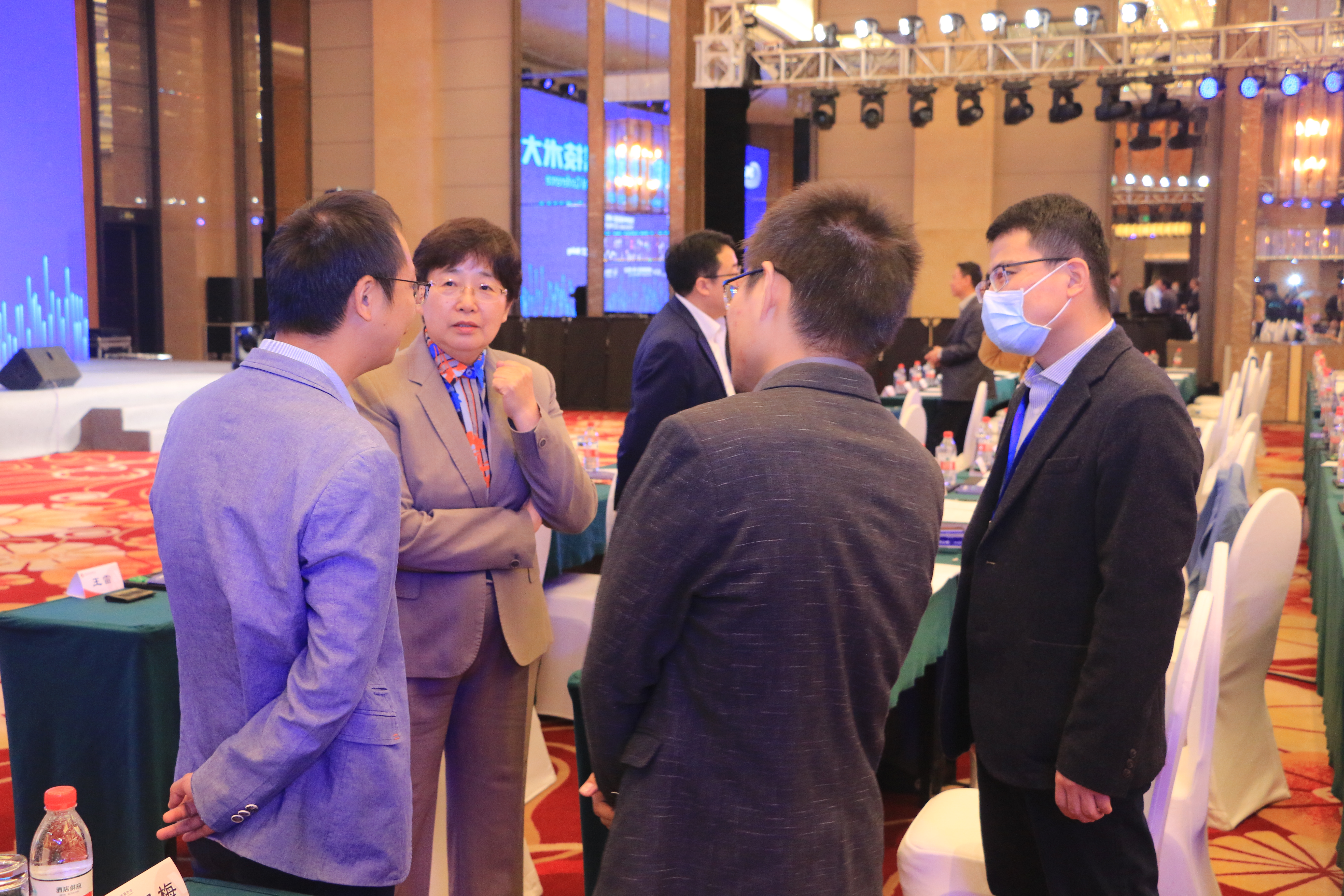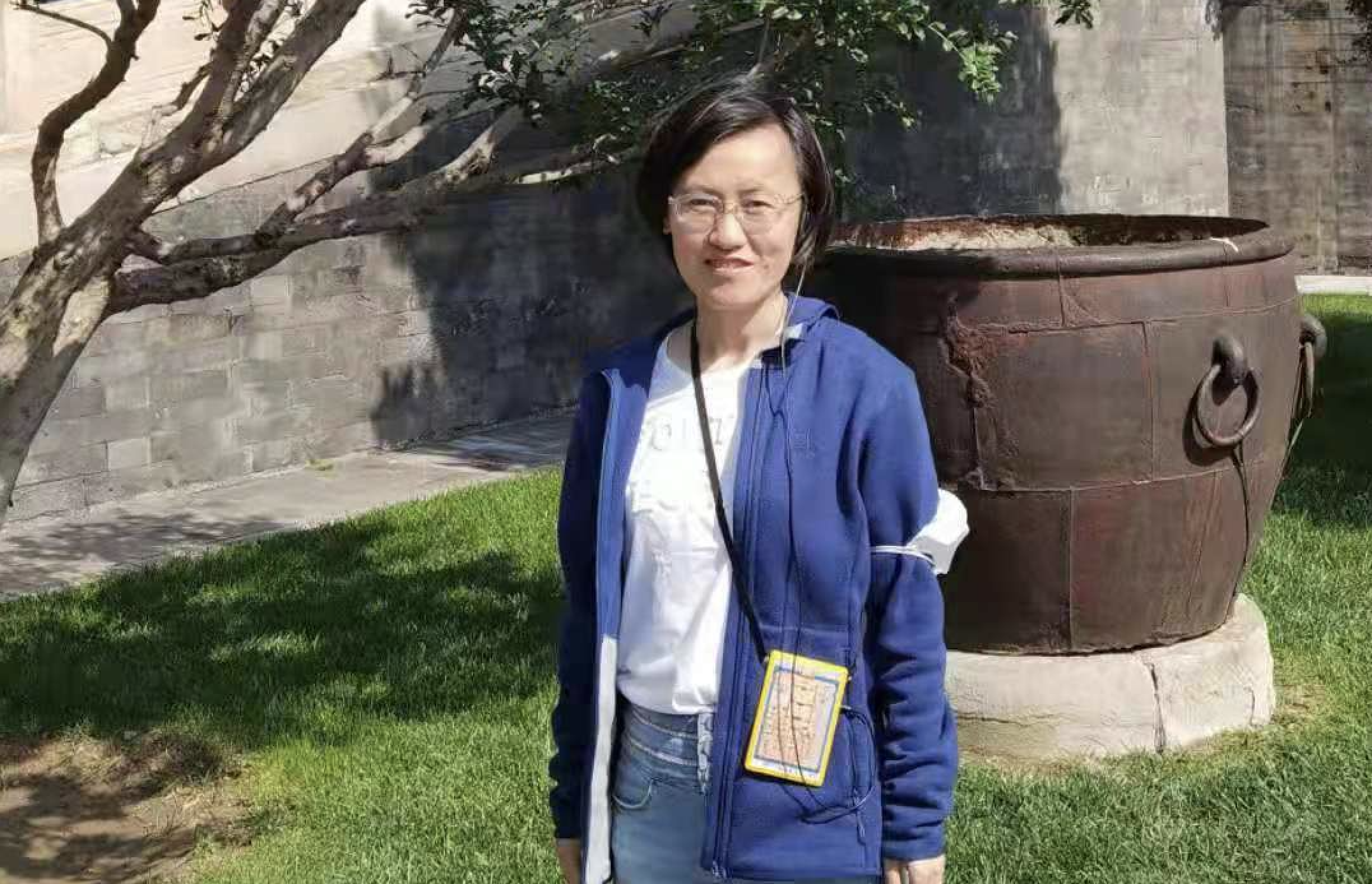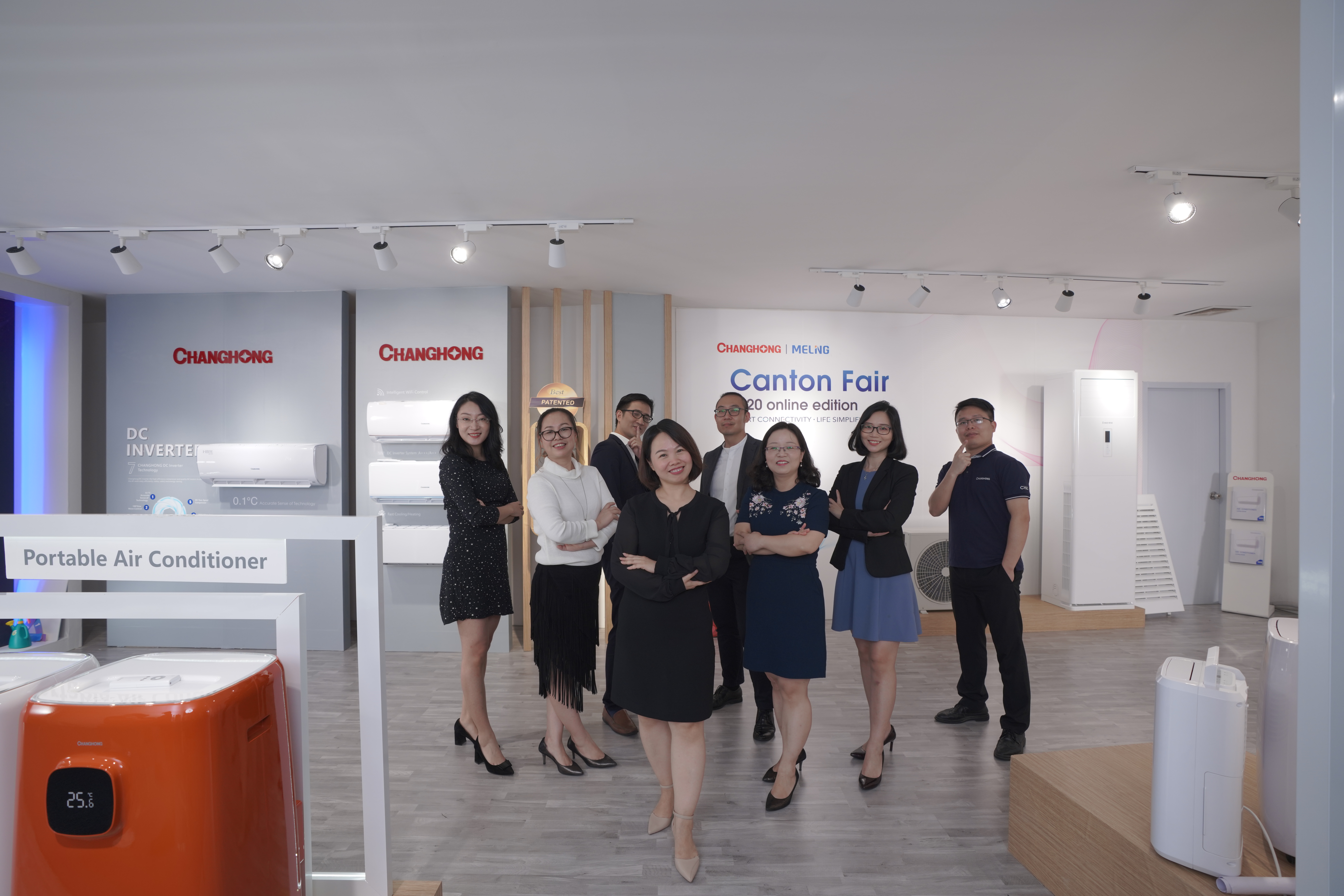When WANG Lei graduated from university, her first job was an engineer in an air-conditioner factory. At that time, there were less than 20 air-conditioner factories in China, each producing a few thousand units a year.
Some thirty years on, China is the global leader in the production of air-conditioning appliances, producing around 70% of the nearly two billion room air-conditioners installed worldwide each year. Today, China has one of the world's fastest growing domestic markets for air-conditioners. From 2000 to 2020, energy demand for space cooling in Chinese buildings increased on average by 13% each year - the fastest recorded growth in world history.
Some thirty years on, Wang Lei is secretary-general of the China Household Electrical Appliances Association. "As a woman, I realize that an air-conditioner is essential product for home life. When I first started working, most Chinese families either could not afford an air-conditioner or if they could were not willing to use it due to the high electrical power bill. Now, nearly every family, even every room in a house, has commonly installed an air-conditioner and people can use it for cooling or heating as they want."
Wang is proud of the improvement in the quality of life in China and of the development of the country's air-conditioning manufacturing capacity. But she is worried too.
Since 2010, space cooling has accounted for more than 10% of total electricity growth in China, and around 16% of peak electricity load in 2017. While China has made great strides with generating energy from renewable sources, the burning of fossil fuels continues to provide the lion's share of the country's electricity. Air-conditioning's contribution to greenhouse gas emissions are though not the only challenge.

"What concerns me most is the refrigerants used in air-conditioners, which damage the ozone layer or are a greenhouse gas. It will be more difficult to protect the environment as more such refrigerants are used in China and the rest of the world."
Wang's China Household Electrical Appliances Association is providing technical support to China's leading air-conditioner manufacturers to help them transform their production lines, replacing ozone-depleting refrigerants with natural alternatives, as well as improving units' energy efficiency.
This assistance is part of a programme in which the Chinese government is partnering with the United Nations Industrial Development Organization (UNIDO) and leading air-conditioner manufacturers to find sustainable cooling solutions. Under the international environmental agreement, the Montreal Protocol, China is committed to phasing out the use of refrigerants based on ozone-depleting hydrochlorofluorocarbons (HCFCs) by 2030.
Propane (R-290) appeared to be the ideal solution for the air conditioning sector in China. It is natural, ozone friendly, energy efficient and has very low global warming potential. There was however some resistance to introducing the substance, mainly because propane is highly flammable. A UNIDO pilot project at the Midea air-conditioning company, involving the Ministry of Environmental Protection and the China Household Electrical Appliances Association, showed that propane was sufficiently safe, as well as energy efficient, and in 2016 other companies started to use it instead of HCFC-based refrigerant.
As part of the UNIDO phase-out programme, the Shenyang Sanyo Refrigeration Equipment Company began to transform its production line in 2017. SU Nan is head of the finance department and operation management department at Sanyo, and she played an important role in the implementation of the project.

She remembers, "Since the propane refrigerant is flammable and explosive, strict safety requirements were put forward for the compressors' production and testing, and the configuration plan of production line and laboratory site selection had to be repeatedly evaluated."
To ensure the safety requirements, Su organized staff to provide important operational support for decision-making in project appraisal, laboratory construction, equipment procurement, and production line transformation.
In a sector where the proportion of female employees has traditionally been low, and female leaders non-existent, Su thinks she plays an effective role as "glue" in the leadership team, promoting collaboration using empathy, good communications and better perception.
Chang Hong is another company that has converted from HCFC to propane. CHEN Wenjuan has been general manager of the sales department since 2014 with a focus on overseas sales. In 2019, she started to promote the project of R290 environment-friendly refrigerant mobile air conditioner, personally participating in and guiding user research, appearance design, product definition, and project management.

She remembers, "The birth of a new product often requires constant polishing. During the project development stage, I had to hold video conferences with customers two to three times a week, and due to the time differences, the meetings were arranged after 7pm and went on until 10. Whenever there was a meeting for this project, I had to attend it in person."
Under Chen's leadership, the project took just one year to complete and to product was launched in March 2021.
She says, "I always wanted to help provide environmentally friendly, intelligent, energy-saving and cost-effective air conditioners to the world."
The China Household Electrical Appliances Association's Wang Lei is quietly satisfied with the progress made. "I think it is the responsibility and mission for our generation of people and I believe it will be one of most meaningful things in my career life. As a woman, one of our advantages is patience. In the past more than 10 years, I, together with my colleagues, have developed a lot of work and we obtained some achievements."
She continues, "Many managers of room air-conditioner companies realized that natural refrigerant will be the future and technical conversion has to be done earlier or later. It is not an easy time for the industry in year 2020 because of COVID-19, however the production volume of room air conditioner using natural refrigerant has continued to grow. I believe air conditioners will continuously improve our lives in an environmentally friendly way in the near future."






